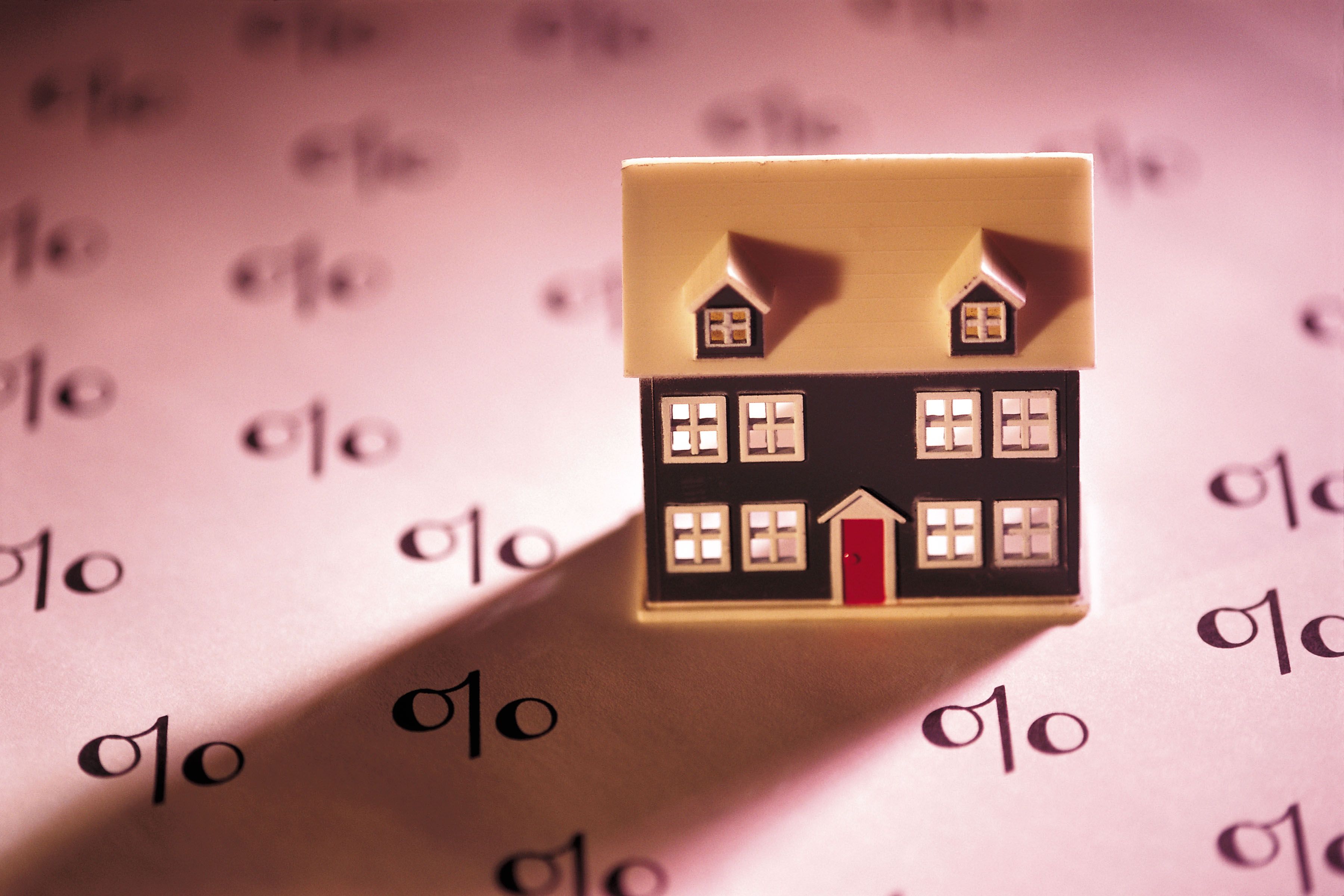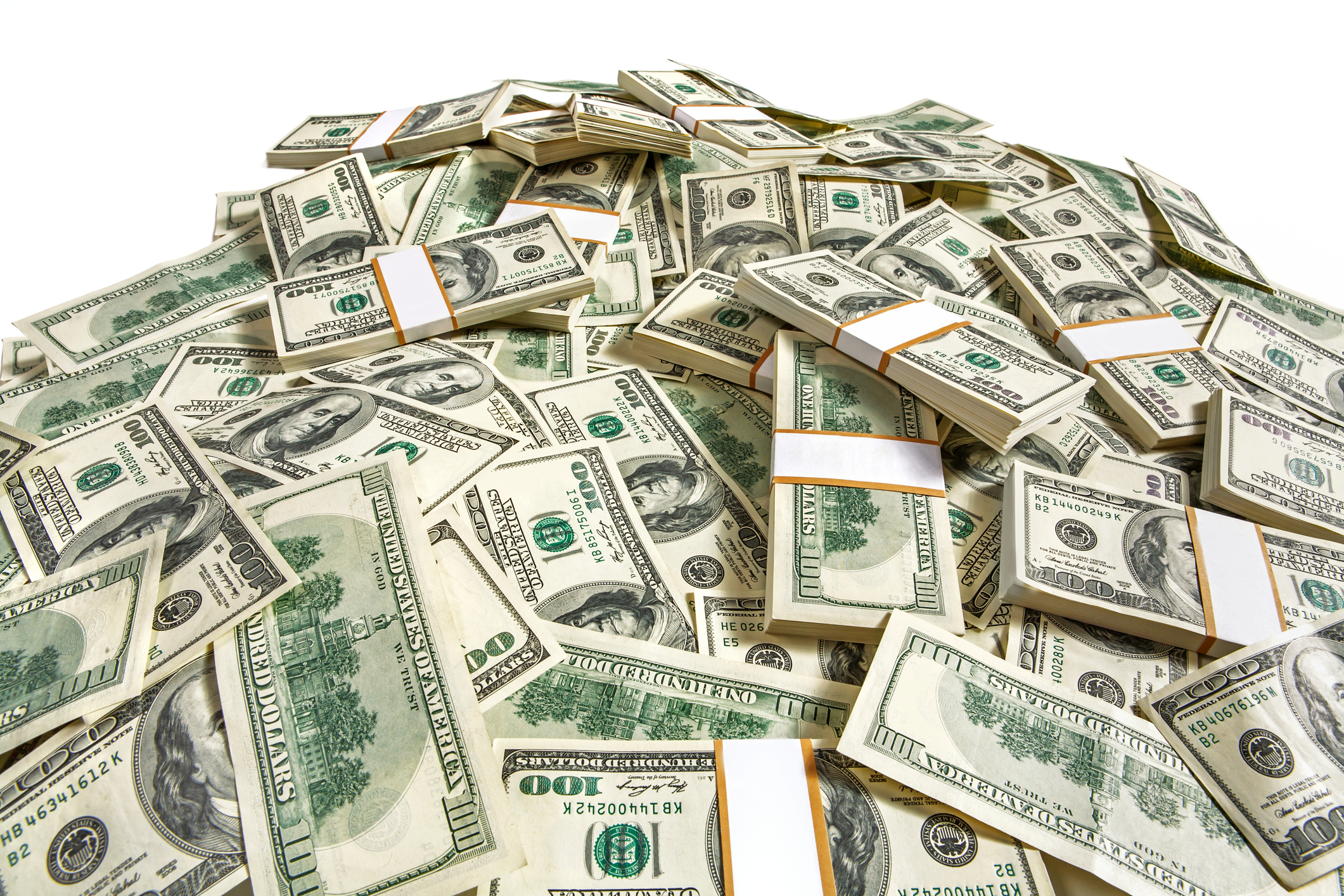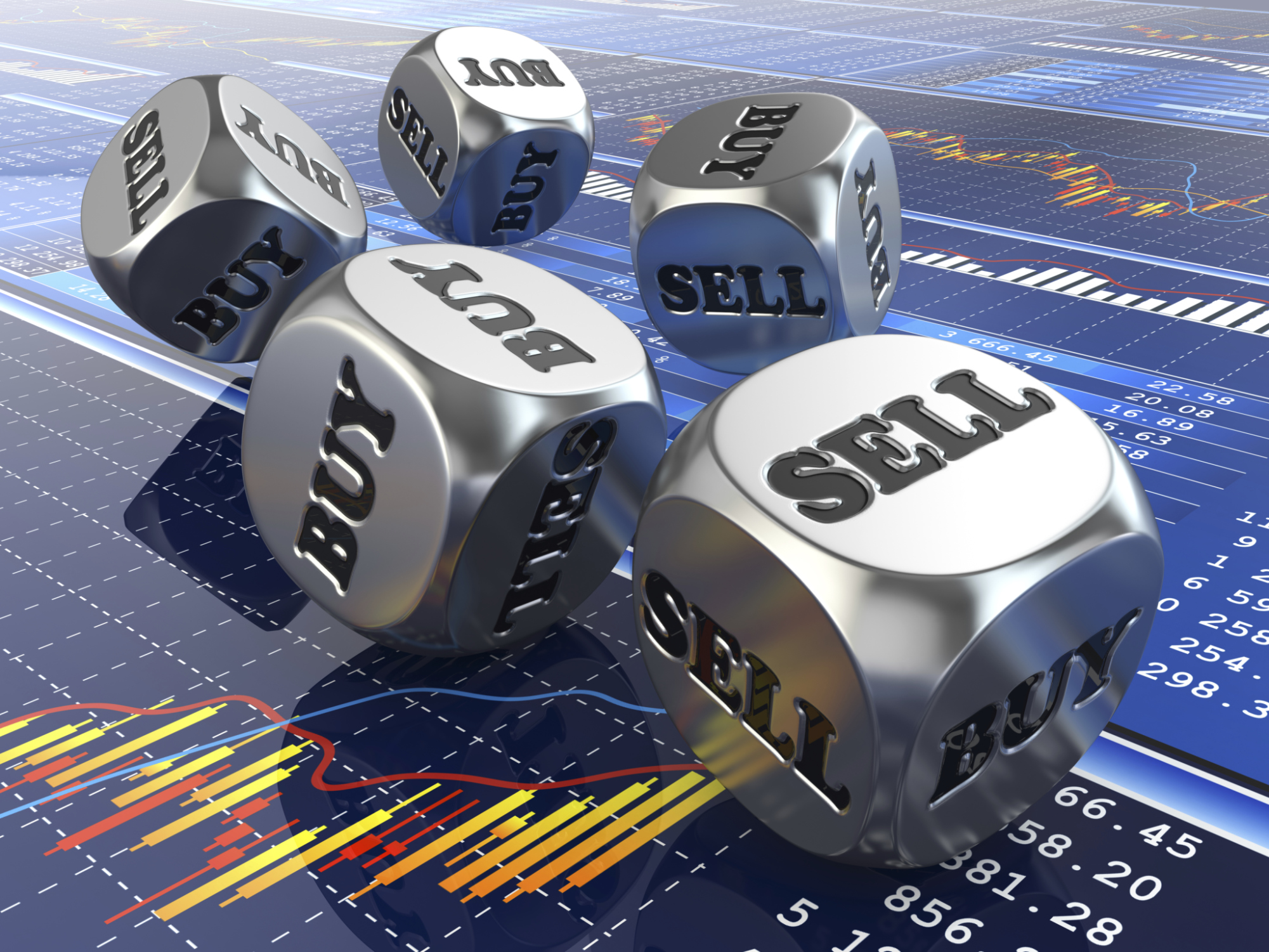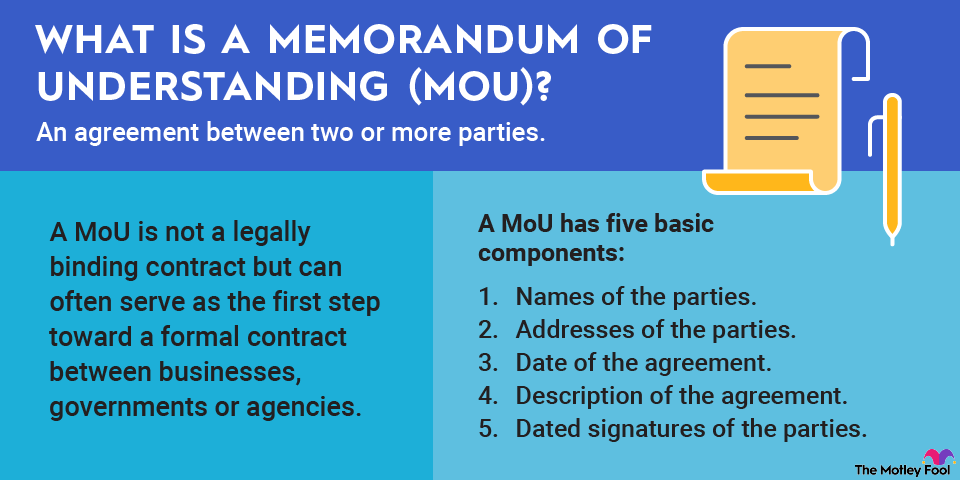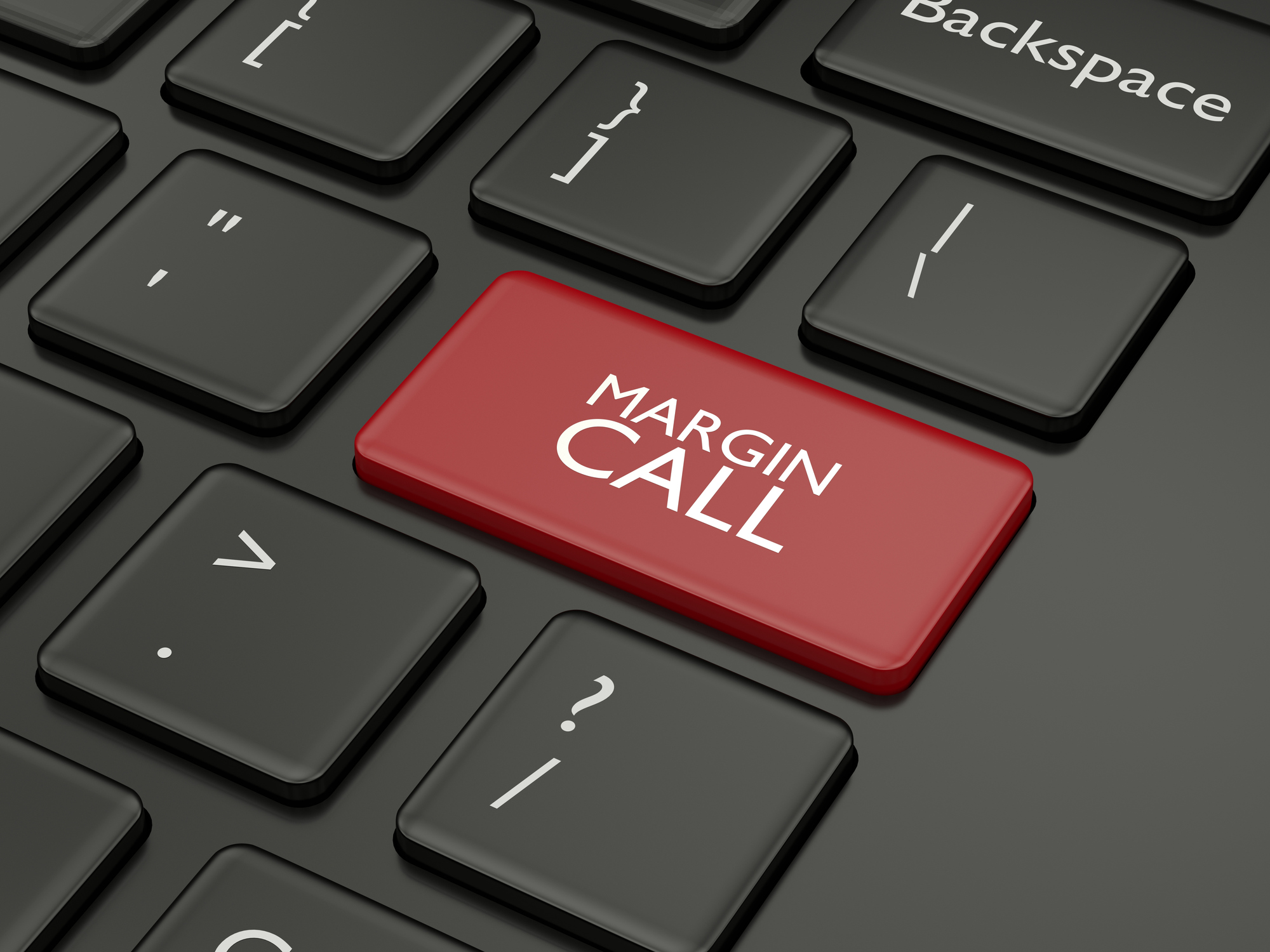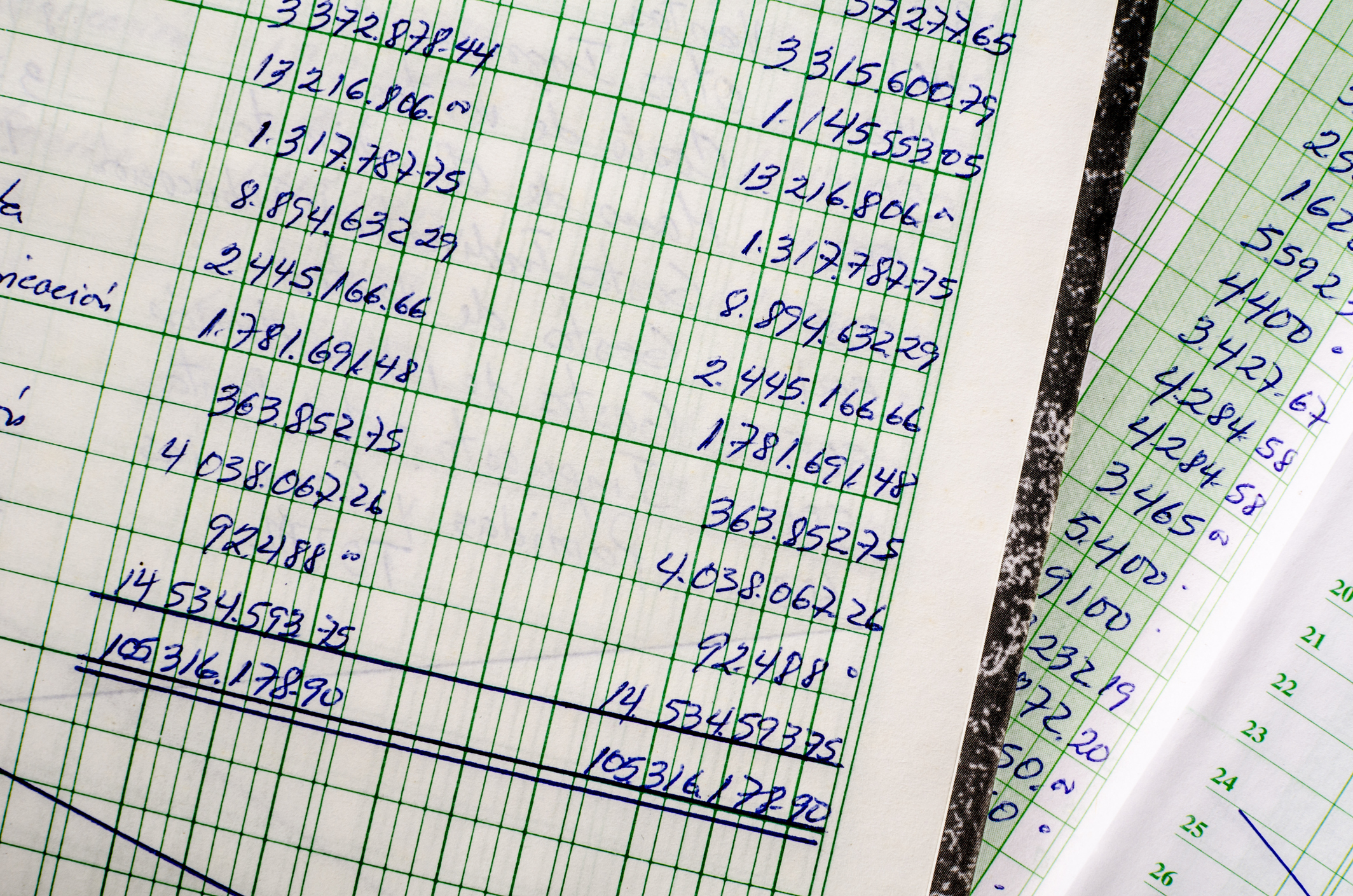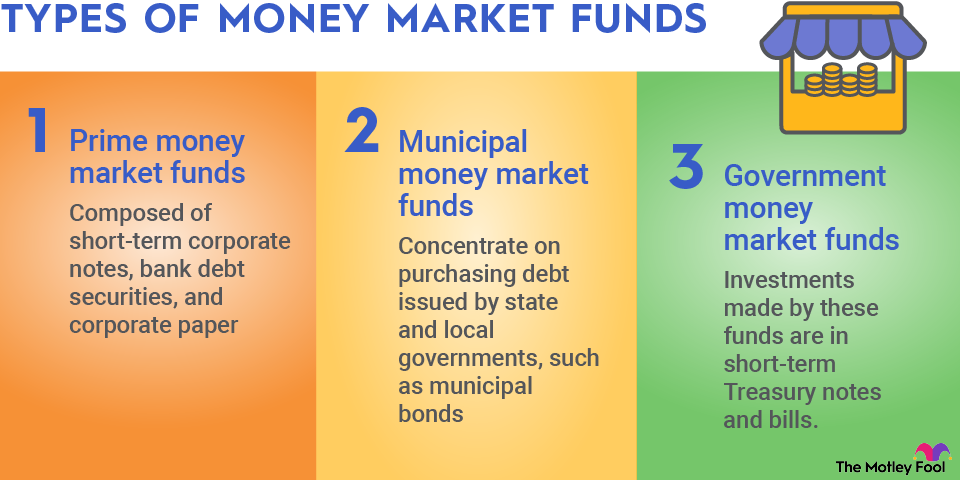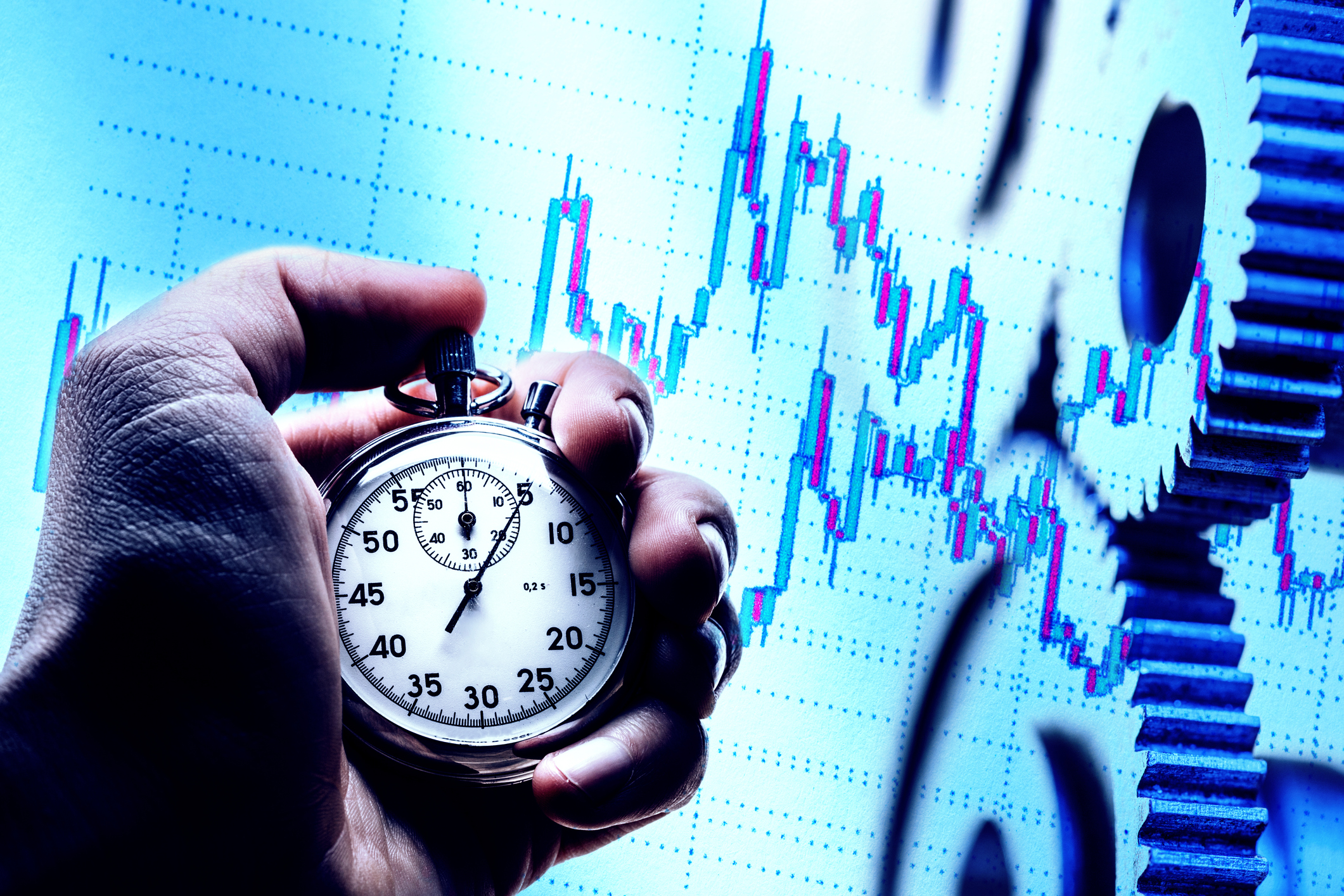Sometimes, the market is driven more by investor sentiment than actual fundamentals, and a melt-up is this concept on hyperdrive. Although many will say that the primary driver of a melt-up is an excess of "fear of missing out" (FOMO), there are other drivers of a melt-up that are just as important. So, what causes a melt-up and how can you avoid getting caught up on the downside of one? Let's break it down below.

Related investing topics
The dot-com melt-up that eventually turned sour
One of the most famous melt-ups occurred in the late 1990s dot-com bubble, which is also one of the most studied melt-ups in history. Investors poured money into technology stocks, driving the Nasdaq Composite Index to an all-time high of 5,000 points in March 2000. Just a dot-com by the name of a company would drive sky-high valuations regardless of the company's underlying metrics.
Companies with no earnings or clear business models saw crazy valuations and money pouring in. FOMO drove investors to push stock prices far beyond their intrinsic value, creating an unsustainable market frenzy. When reality caught up, and the bubble burst, the Nasdaq lost almost 80% of its value over the next two years.
